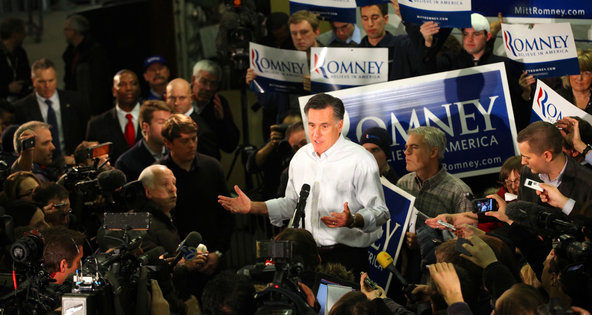11:23 p.m. | Updated
Roche Holding made a $5.7 billion hostile bid late on Tuesday for Illumina, a provider of genetic analysis services, going directly to the company’s shareholders after months of failed efforts to begin deal talks.
The Swiss drug maker said that it would pay $44.50 a share in cash through a tender offer. That represents an 18 percent premium to Illumina’s closing share price on Tuesday. It’s also 63 percent higher than Illumina’s closing price on Dec. 21, when Roche said market rumors about a potential offer began to arise.
But Roche said that it has been stymied by Illumina’s unwillingness to enter deal talks. Roche had sought to begin negotiations about six to eight weeks ago, according to a person briefed on the matter who was not authorized to discuss the private negotiations.
Roche said that it planned to nominate director candidates and other corporate governance proposals that could give it control of Illumina’s board. But Roche added that it would prefer to strike a consensual deal. (In 2008, the company pursued an initially hostile bid for Ventana Medical Systems, before winning over the diagnostics company with a $3.4 billion offer.)
Severin Schwan, Roche’s chief executive, said in a statement: “Roche’s all-cash offer of $44.50 per share represents full and fair value for Illumina and we expect that Illumina’s shareholders will welcome the opportunity to sell their shares at a significant premium to current market prices.”
Jay T. Flatley, the chief executive of Illumina, declined to comment on Roche’s offer. “Obviously we just got it, and it has to be evaluated by our board of directors,” he said in a brief telephone conversation Tuesday night.
By buying Illumina, Roche is hoping to bolster its diagnostics business by adding one of the biggest players in genetic sequencing, a field that has gained prominence over the past decade. Illumina is the leading vendor of the current generation of high-speed DNA sequencing machines, with over half of that market.
Sequencing has been used until now mainly for research projects aimed at understanding genomes. But as the cost of sequencing plummets, it is beginning to be used for medical diagnosis. Cancer centers, for instance, are starting to sequence numerous genes in patients’ tumors to help select the most effective drugs. In a few cases, mysterious diseases in infants have been diagnosed by sequencing their genomes.
That means that sequencing is becoming an increasingly important part of the diagnostics business, one of Roche’s mainstays. Roche acquired another sequencing company, 454 Life Sciences, several years ago but those machines have a small market share compared to Illumina’s.
Still, Roche would be buying Illumina at a time its business faces threats from new competition.
One rival, Life Technologies, is making gains with inexpensive sequencers that can do some simple jobs in less than a day. And while Ion Torrent’s machines lack the capacity of Illumina’s, they are far less expensive, starting at around $50,000 compared to about $700,000 for Illumina’s main product, the HiSeq 2000. Illumina has countered with a smaller cheaper machine called the MiSeq.
Other technologies are in development that could sharply lower sequencing costs. Sequencing an individual’s entire genome now runs to only a few thousand dollars. That figure is rapidly heading toward $1,000, a level that would make whole genome sequencing practical for many medical uses.
Meanwhile, there are concerns that federal budget problems will lead to decreased spending by the National Institutes of Health and other government agencies on DNA sequencing projects. Those concerns have contributed to a decline in the stock prices of Illumina and some other DNA sequencing companies.
Illumina’s shares have dropped nearly 46 percent over the last 12 months, giving it a market value of $4.6 billion.
Roche plans to pay for the deal with a combination of cash on hand and new debt. The company said its offer was not conditioned on financing.
Roche is being advised by Greenhill Company, Citigroup and the law firm Davis Polk Wardwell.
Article source: http://feeds.nytimes.com/click.phdo?i=c36b6a1fe1936555817755b70a1fdf29




